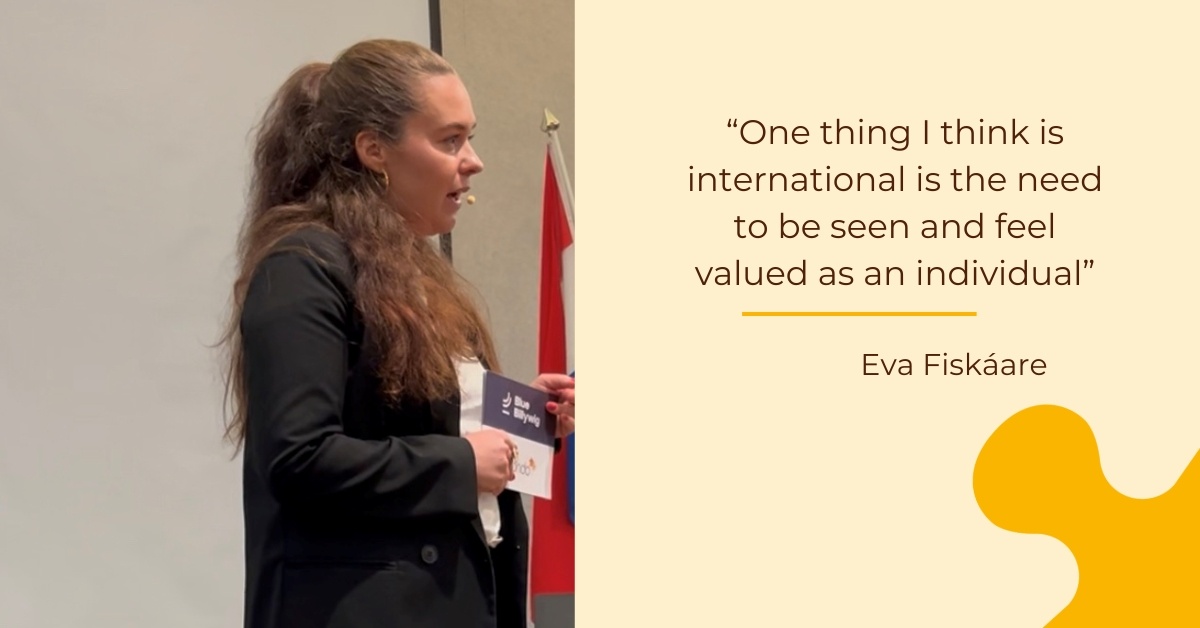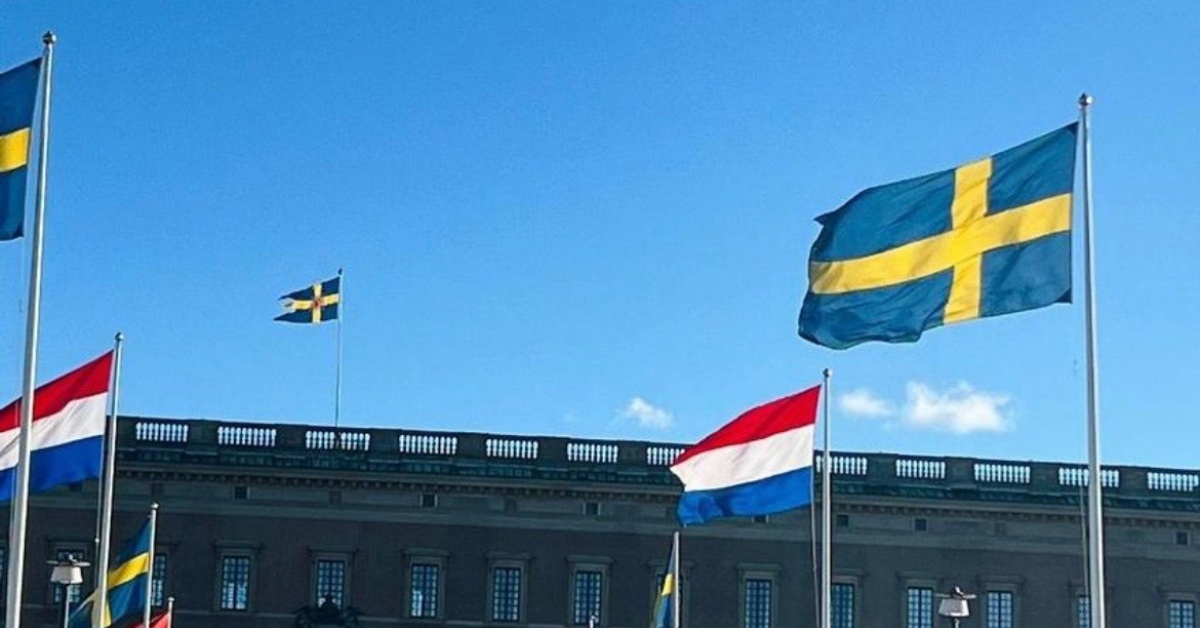Beyondo is dedicated to supporting global teams with diverse international talents. A crucial aspect of operating within global and international teams is effective communication. How do we ensure that our messages are clear and not misconstrued? Moreover, does communication fall under the purview of the communication team, individual leaders within the organization, or the HR department?
In our insightful conversation, we had the pleasure of speaking with Eva Fiskáare, the Talent & Culture Manager at Telenor. Eva's passion for creating exceptional employee experiences shines through her expertise in HR, leadership development, and diversity. She is a staunch advocate for fostering strong communication practices within global teams and cultivating genuine workplace engagement.
This blog is a follow-up on the successful event Eva moderated for Beyondo at the Embassy of The Netherlands; To create trust in global teams through communication.

Q: In your experience, how has effective communication contributed to building a positive workplace culture, and what specific communication practices have you found most impactful?
I believe communication is key to all relationships, including collaboration at work. I also believe we need to practice everything we want to be good at, meaning if we want to have good relationships and a collaborative working culture - we need to continuously evolve our communication skills.
To be more specific, I would say three things here:
- Communicate that good communication is essential to success, state this as an expectation to your employees. To give an example, when I worked at Accenture we had a communication mantra going something like “It doesn’t matter how smart your analysis is, if you can’t communicate it clearly and compellingly.”
- Establish a mindset where people want to improve their communication skills.
- Provide opportunities for the above. It doesn’t always need to be extensive and expensive training, it can also be to give tips on how to conduct a meeting, or how to communicate in the digital tools you’re using at work.
Q: Can you outline the key elements of your blueprint for crafting global employee experiences and how it aligns with the diverse needs of an international workforce?
Very good question, and a million-dollar one! I’m not sure I have the recipe, throughout the years I’ve worked globally I’ve become more and more aware of everything I need to learn more about. Including awareness of how national cultures impact company cultures in global companies.
One thing I think is international is the need to be seen and feel valued as an individual. In terms of communication, I believe in making things relatable and more “close”. Especially when communication comes from a senior, and maybe distant, leader or a support function like HR. It’s easy to fall into a language of abbreviations and internal vocabulary, that can be very excluding.
Q: From a talent and culture management standpoint, what communication skills do you believe are essential for successful collaboration among team members?
This depends a lot on roles I think. Some people have a huge communication responsibility in their role, and hence they need to be awesome in communication. Using several channels and formats for their communication. Some might have a smaller circle of people to communicate with. Very few are lonely islands, and again - communication is key to collaboration, so everyone needs it but it will differ depending on your scope.
One thing I would like to highlight is the skill to use digital tools. Even more important in a global team where time zones are a challenge. That can be knowing the tech details of your software, but also what behaviours you’re having to get the most out of the tools. From what I’ve noticed, many still use Microsoft Teams as chat only.
Q: How does your approach to global employee experiences contribute to attracting and retaining top talents?
I believe that if companies can deliver a good global employee experience, they can also tap into talent pools across the globe.
Q: How do you approach fostering a culture of open communication, and what benefits have you observed in terms of team dynamics and overall productivity?
Another million-dollar question! I believe in setting up processes and structures to make it last. It can’t be up to each employee or each leader to foster culture, even though we all are contributing to it of course.
A starting point is to express in your values or other company statements that open communication is valued. To make it happen, I think several efforts are needed. It can be to swap the meeting agendas from presenting to listening if your company has a lot of meetings where people present. It can be to train leaders. And of course, it’s about creating a culture of psychological safety. A big chapter that we easily could spend more time to than this shorter post ☺️
One thing, I would like to add is that when talking about global environments, it’s important to know that we don’t have the same view on what good communication is around the globe. I recommend reading the book The Culture Map by Erin Meyer, that will give you good insights and practical models!
We are immensely appreciative of the insights Eva shared with us. She embodies the essence of a true communicator - open-minded, generous, and eager to share. For more of her wisdom, be sure to follow her on her Instagram: At work with fiskaare.
If you are curios following us on our Instagram; beyondo_recruitment!


